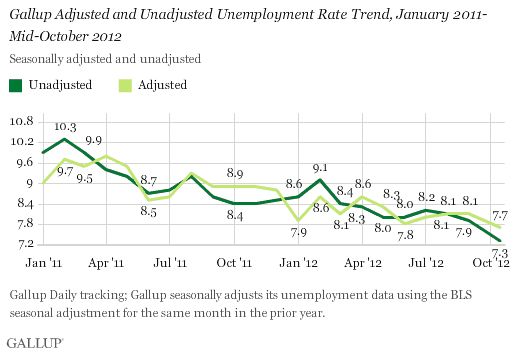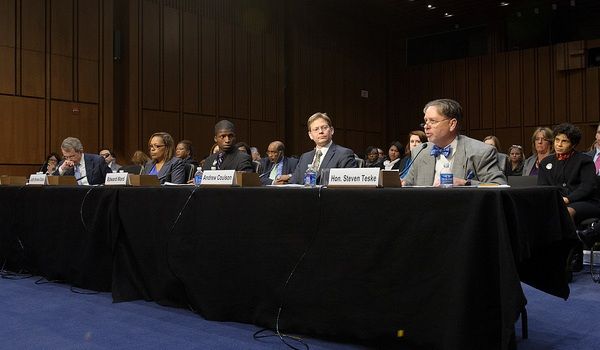With the ever rising costs of tuition in the United States, how do we rank globally? While the costs of attending a public university, on average, is just over $7k, the elitism of attending private universities in this country has its price, at almost four times the cost.
Where can you get a decent education and not worry about exorbitant fees? Germany, Italy, and Mexico are among the most affordable countries at around one thousand dollars or less a year.







